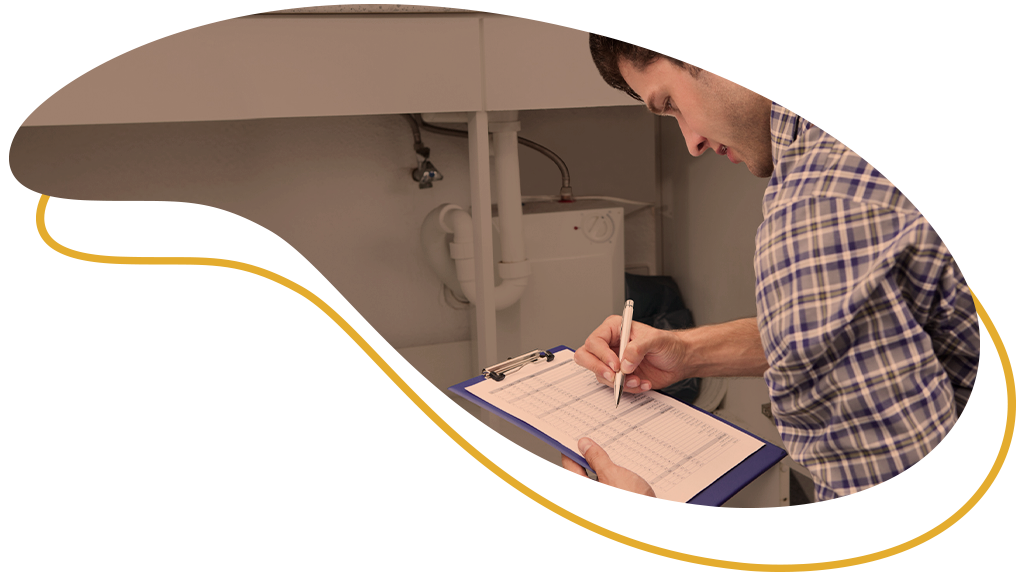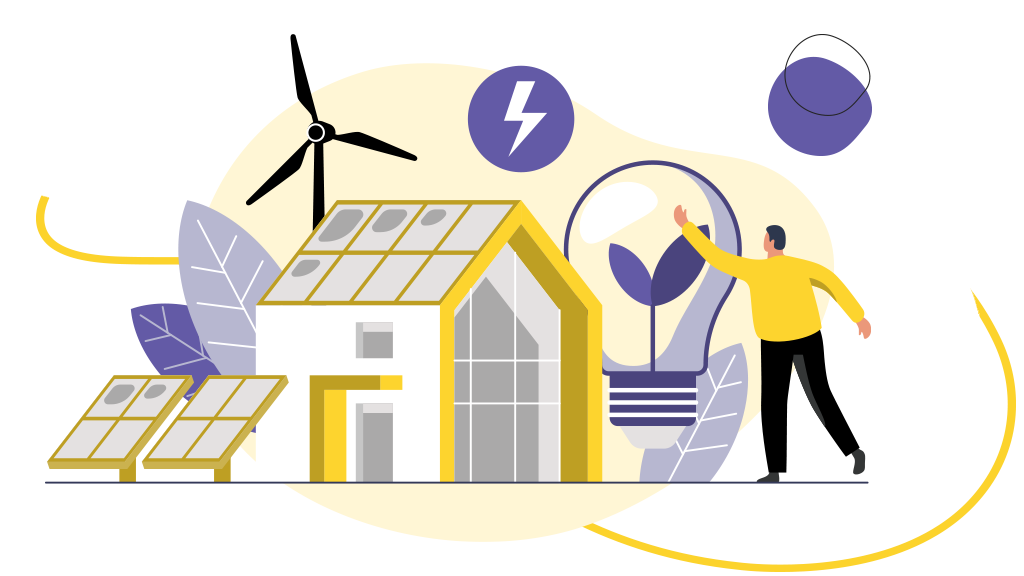Homeowners Insurance
Get a quote!
x




You are in the process of buying a house and the term ‘home inspection’ comes up. Before you can determine whether or not you should get one, it is important to understand what it actually means!
Do you know what a home inspection is? It is an inspection carried out on a house to observe and report the condition of the property. These inspections usually take place when the property is on the market so that you, the prospective buyer, have all the pertinent information before making the purchase.
We have already written in-depth about the most common mistakes when buying a property. In that article, we describe how opting out of a home inspection is one of the worst mistakes you can make because ultimately, you will not know what you are actually buying.
The inspection is usually enlisted by potential home buyers who hire professional inspectors to check a property and make a written report detailing the condition of the construction.
It assesses the physical structure of the house, from foundation to roof, as well as heating and cooling systems, plumbing, electrical work, water and sewage, and fire and safety issues. In addition, the home inspector will look for evidence of damage from insects, water or fire, or any other potential issues that could affect the property’s value.
While it appears that only you, the buyer, will benefit from an inspection, it may be of interest to owners/sellers as well. Having an inspection before you even advertise your home can allow structural repairs, upgrades, and system replacements to increase your home’s value and your chances of selling it.
Since it is a service that you pay for, it isn’t realistic to inspect every house you’re interested in. For this reason, a home inspection usually happens after the signing of a sales contract, or purchase agreement, between a buyer and a seller.
Therefore, it is important that the contract include an inspection clause (also known as a “due diligence” contingency), which allows you time to find an inspector, schedule and attend an inspection, receive the report, and decide how to proceed based on the information provided.
Depending on the results presented in the report, you may decide to proceed with the purchase, carry out other more specific inspections, renegotiate prices, request repairs or even cancel the contract.
If you choose to request repairs, you can also request a re-inspection. after repairs are completed, with the original inspector to verify that the identified problem has been fixed.
You can also carry out inspections for asbestos, mold or mildew, termites, pests, radon or lead. You can check sewer lines, chimneys or other structural components.
It is important to understand the difference between these two actions because, although complementary, the two are carried out with different goals in mind and to evaluate separate items.
The inspection, as we have already mentioned, is contracted by the buyer to verify the structural conditions of their future home. You can join in while it is happening so that you can be informed of the details, and even if there is no need for repair, you will already know how the systems work.
The appraisal is contracted by your mortgage lender to create an estimate of the home’s value. It is done to confirm that the seller’s asking price for the house is in line with the market value, checking the size and quality of the house, the lot size, the location, among other things. From there, they can then decide whether or not to approve the loan, or if they will approve a different amount for you to buy the chosen property. Usually the assessment is done behind closed doors, without your presence.
Depending on the type of loan you are using, this assessment may include an inspection.
As with any trustworthy service, the best way to choose a home inspector is via referral. You can ask your realtor or even a friend who has recently purchased a property.
Since we are here to help– you can search online with a close eye on ratings and comments. The American Society of Home Inspectors (ASHI) has a Find An Inspector tool, as does the International Association of Certified Home Inspectors (InterNACHI). These sites are a good place to start your search as they have certification programs and a member code of ethics.
Another good place to consult is the Better Business Bureau (BBB) website, where you can see if there are any formal complaints about the home inspector you are considering.
States generally regulate the home inspection industry and define inspector requirements. You can take a look at your state’s regulations on the ASHI website.
We understand how excited you are to sign the dotted line and get closer to moving into your new home. It is the ultimate dream for so many people, and for those who live in a country that is not their own, it can seem like such a distant achievement. It is understandable that when it’s finally your turn, you may want to skip a few steps to get to the very end of the process. However, no one wants to buy a house and find that they have to change the entire plumbing system or that the foundation of the house is damaged.
So hold on for just a bit longer until you have a complete picture of your home’s physical condition and the soundness of your investment. Remember: what you are looking for is a home, not a new source of stress!
Homeowners Insurance
Get a quote!

One of the best ways to reduce your monthly bills is to invest in renewable energy. This can often be done with systems you can build yourself.

Coverage for damages from a heating oil spill is not included in a Homeowners Insurance policy. In this article, we list everything you need to know about heating oil spills in your home and how to protect yourself from damages.
Learn all about Homeowners Insurance and how it can protect your dream home and your family in Uncle Sam's land.

We are an insurance company made by people for people. A community that speaks tyour language, with people who care about your future! Here you can find all the protection and care that a home offers. Come and join us!
Get a Quote

Need help? Chat with BRZ!
x